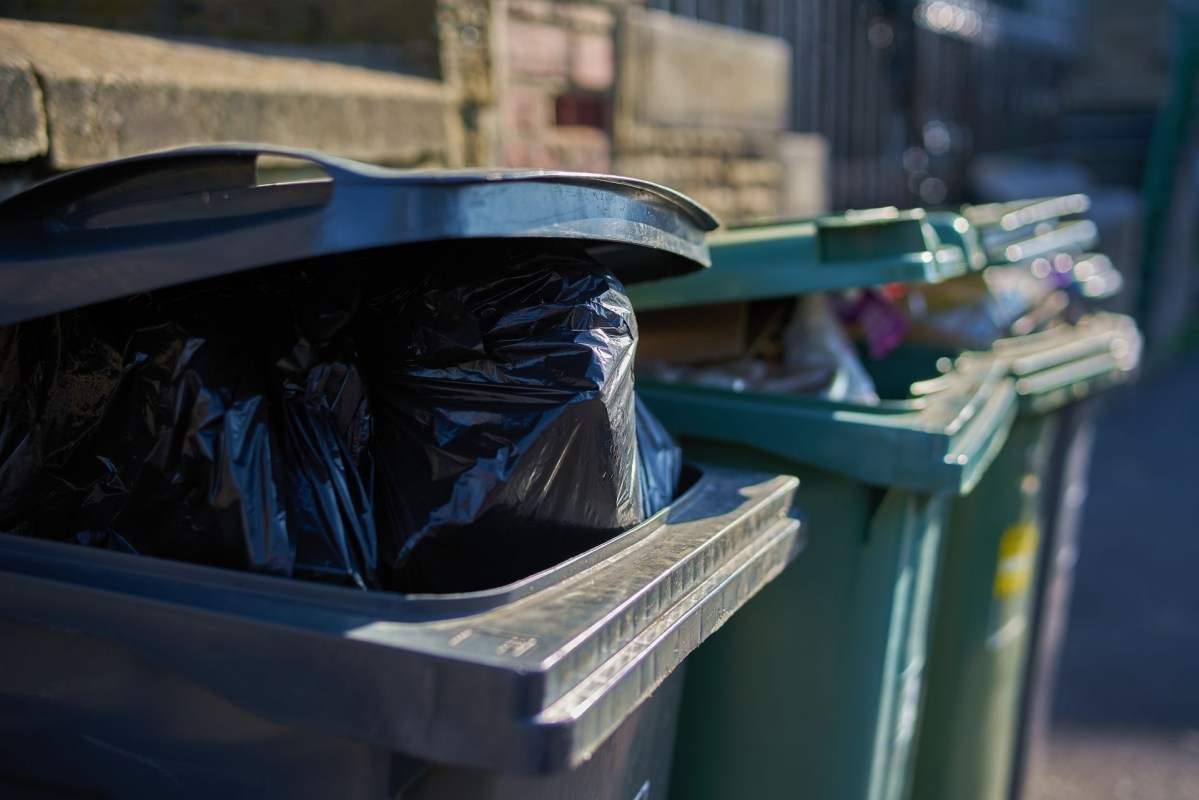Cigarette butts are one of the most common types of litter throughout the world. According to the CDC, cigarette butts are "the largest single type of litter by count and their filters do not biodegrade."
A study in the International Journal of Environmental Research and Public Health outlines the specifics of cigarette butt litter. The study, from Thomas Webler and Karin Jakubowski, shows that 9.7 billion cigarette butts are littered in the United States each year, with 4 billion of those ending up in waterways.
This is a major problem, especially because cigarette butts are not biodegradable. They are made out of cellulose acetate, a plastic, and therefore greatly contribute to the amount of plastic and toxins in our oceans.
Concerningly, the study, which collected data from 7,532 college-aged cigarette smokers, found that less than half of the people surveyed knew that cigarette butts are not biodegradable. And those surveyed said they littered about half of the cigarettes they smoked.
A related study found that those who thought of cigarette butts as litter were almost four times less likely to throw them on the ground.
"Based on these results, it can be concluded that, to reduce cigarette-butt litter, interventions should focus on associating butts with litter and changing smokers' attitudes toward cigarette-butt litter so that more people perceive them as bothersome," the study concludes.
In short, it seems we need more public education efforts aimed at young people explaining that cigarette butts have significant negative impacts.
Other recent efforts to curb cigarette butt litter include Spain passing a law that forces cigarette companies to bear the responsibility of cleaning up their own litter, and a New Zealand law that bans young people from buying tobacco products.
Join our free newsletter for cool news and actionable info that makes it easy to help yourself while helping the planet.









